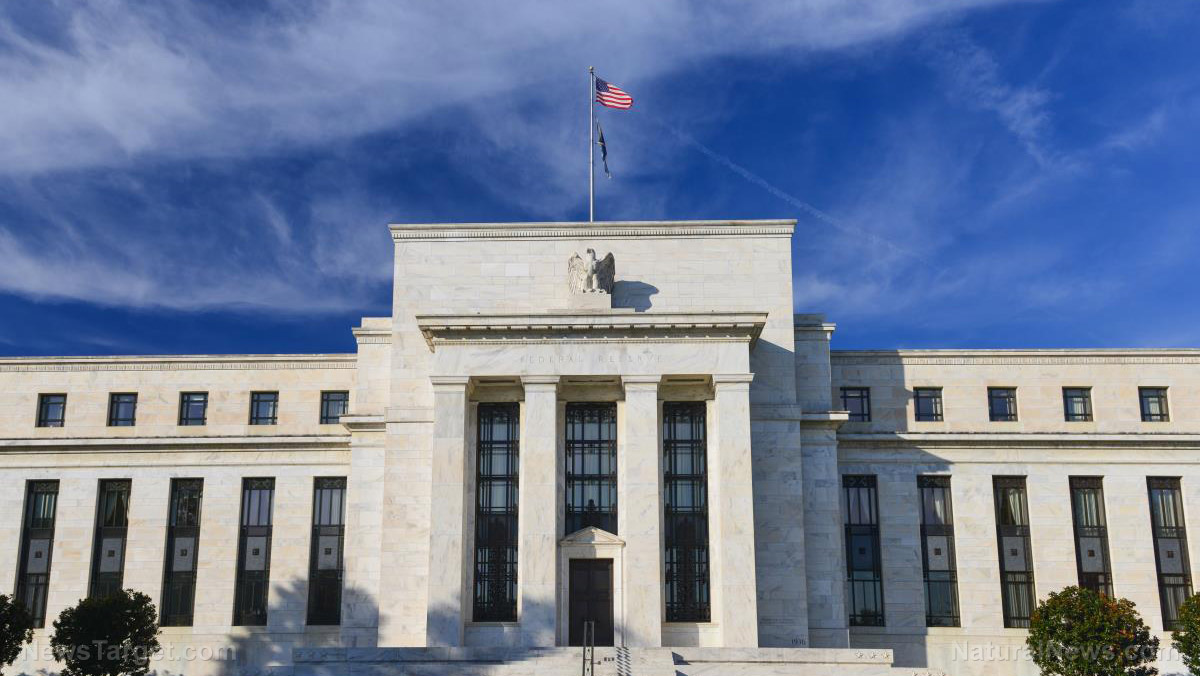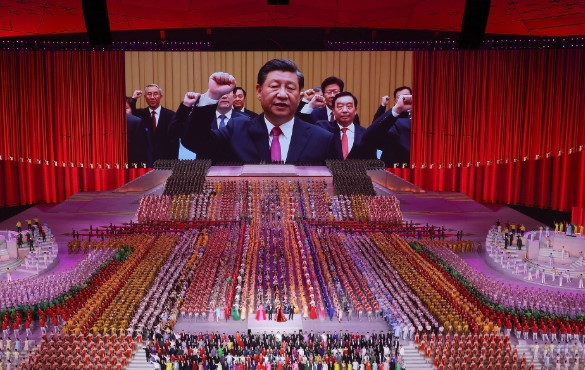 Parler
Parler Gab
Gab
- El Salvador's Legislative Assembly voted to revoke Bitcoin's status as legal tender, ending its experiment as the first country to adopt it as official currency in 2021.
- The revocation aligns with the conditions of a $1.4 billion loan from the International Monetary Fund (IMF), which pressured El Salvador to reduce Bitcoin-related risks for financial stability and transparency.
- Despite initial hopes by President Nayib Bukele, the experiment faced high public skepticism, with surveys showing 92 percent of Salvadorans avoiding Bitcoin. The government will continue buying Bitcoin for reserves, highlighting the ongoing debate over its role.
- The decision raises questions about the balance between national sovereignty and global financial oversight, with critics arguing that the IMF's demands undermined El Salvador's autonomy.
- While Bitcoin's role in El Salvador is diminished, the debate over its potential as a tool for financial inclusion and the influence of global financial institutions on national policies remains contentious.
Bitcoin's unfulfilled promise in El Salvador: What went wrong?
The reversal is a significant blow to Bukele's vision of Bitcoin as a tool for financial inclusion and economic empowerment. In 2021, Bukele championed Bitcoin's adoption as a way to boost job creation, reduce remittance costs and provide financial access to the unbanked population. The government invested over $200 million in the rollout, including the creation of the Chivo digital wallet and the installation of Bitcoin ATMs across the country. However, public skepticism remained high, with surveys showing that 92 percent of Salvadorans refrained from using Bitcoin and 71 percent disapproved of its adoption as legal tender. Despite the reversal, Bukele's administration has indicated that it will continue buying Bitcoin to add to its reserves. Last year, the Salvadoran leader criticized the U.S. dollar, calling it "backed by nothing" and predicting the collapse of Western civilization due to the "farce" of unlimited money printing. His comments underscored his belief in Bitcoin as a hedge against traditional financial systems, even as his government bowed to IMF demands. (Related: El Salvador to continue purchasing Bitcoin despite agreement with IMF to scale back crypto policy.) The IMF's intervention has sparked debate about the role of global financial institutions in shaping national policies. While the IMF framed its demands as necessary to safeguard financial stability, critics argue that the organization undermined El Salvador's sovereignty by forcing it to abandon its Bitcoin experiment. El Salvador's Bitcoin experiment may have ended, but its legacy remains contentious. While the cryptocurrency's role in the country is diminished, the debate over its potential – and the forces that shape its adoption – is far from over. Watch this video explaining that the true value of Bitcoin lies in the freedom from tyranny it offers. This video is from the Recharge Freedom channel on Brighteon.com.More related stories:
Bitcoin goes global: Nations eye strategic reserves as Trump pushes crypto revolution. IMF "working hard" on new global CBDC platform to replace dollar and other national currencies. Bitcoin's bull run may extend into 2025, but regulatory shifts and market indicators suggest caution. Sources include: RT.com LiveBitcoinNews.com PYMNTS.com Brighteon.comThe consumer financial protection bureau harms those whom it claims to protect
By News Editors // Share
Elon Musk and DOGE uncover massive fraud in USAID, sparking calls for government transparency
By Finn Heartley // Share
Trump announces 25% tariffs on steel and aluminum to protect U.S. industries
By Cassie B. // Share
By News Editors // Share
Gold’s soaring price predicted to reach $10,902: A market veteran’s bold forecast
By Willow Tohi // Share
Elon Musk and DOGE uncover massive fraud in USAID, sparking calls for government transparency
By finnheartley // Share
Seven Illinois counties edge closer to secession as failed state fractures apart
By ljdevon // Share










